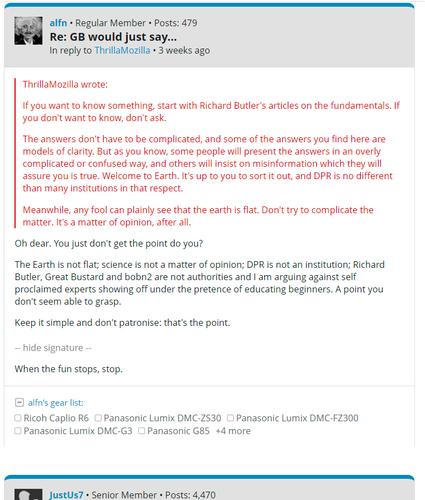Sure, but it's an onerous responsibility to place on a small number of empowered people to police a large number, without support and consent of the majority. For that to be successful, the majority need to express their values and engage in their community. Democracy over dictatorship, as it were.
My belief would be that tone and approach can influence behaviour in a community, as it can in society. If you approach it assuming the worst of people, you will certainly find it. You don't have to trust that people are good, but it might be wise to consider that they might be, and give them the opportunity to show that they can value that tolerance and engage honestly and constructively.
Of course there will be bad actors, and a reporting and moderation process will form a part of community, as policing forms a part of society.
By far the majority of any community are likely to want to engage, contribute, and value their inclusion. That behaviour will inform and shape the community - as much as the alternative of an assumption of internecine warfare will. Fear and anger tends to build fear and anger. Tolerance and patience tends not to.


